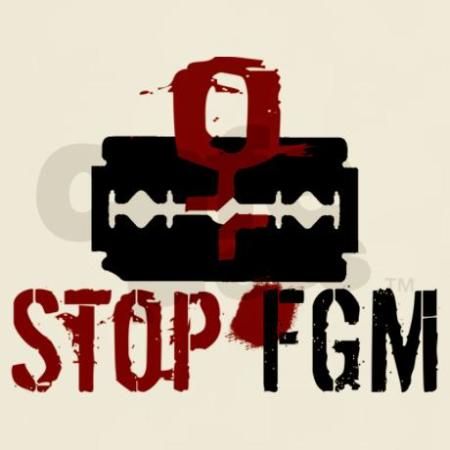A video detailing the horrific experiences of Female Genital Mutilation (FGM) survivors has been released as part of a campaign by the NSPCC to put a stop to the practice, which is not only damaging children physically but can cause emotional and psychological damage in later life as well.
In the video, three women speak about their traumatic experiences of FGM, all of whom were unaware of what was happening and all of whom have suffered both physically and mentally as a result.
One of the women, Alimatu, describes how, at the age of 16, she was ambushed by family members in order to have the procedure done, and has suffered from depression as a result. Another woman described how up to this day, the event still traumatizes her.
The video also features religious leaders, who state that neither in Islam or Christianity is there a law that encourages FGM or states that it is a requirement, a belief that is often used to justify FGM.
Dr Mohammed Fahim stated that “as far as the Qur’an is concerned, there is nothing in the Qur’an that claims or stated that we have to conduct Female Genital Mutilation”. Reverend Marjorie Esomowei added that “the bible is very clear there isn’t any requirement for female genital mutilation. The practice doesn’t make a woman more honourable or acceptable in the sight of God.”
They both believe that a lack of awareness within families and communities about FGM, including the fact that it is not religion-based and is illegal, has allowed for its continuation.
The health risks related to the procedure are also highlighted within the video. According to health professional Joy Clarke, “99 per cent of FGM procedures are done without anaesthetics”. In addition, FGM is often done with any sharp object available, including broken glass and razor blades. As a result, many women suffer dire consequences to their health and are at risk of infection, as well as problems during sexual intercourse and child birth.
Another women, Sarian, describes how she was in labour for four days as a result of undergoing FGM and nearly lost her life.
In the communities where the practice takes place, there is a lack of understanding of the problems associated with FGM and it is so ingrained in adherents’ cultures and cultural beliefs that many cannot even comprehend that they’re doing anything wrong. The NSPCC’s campaign aims to open up a discussion about the issue, highlighting the detrimental effect FGM has had on over 60,000 women in the UK and the risk it carries for more that 20,000 potential victims, in the hope of putting an end to it.
The NSPCC also offers a free anonymous helpline (0800 028 3550) for those who have suffered or who are at risk, and have teamed up with the Home Office to put this latest campaign together.











